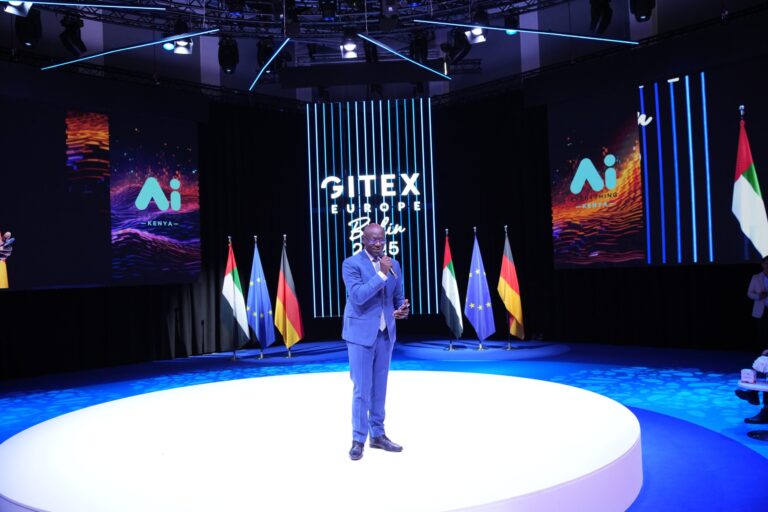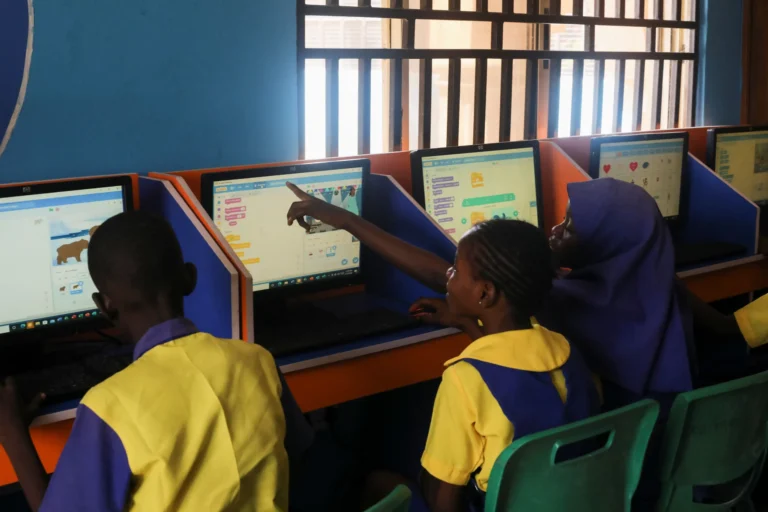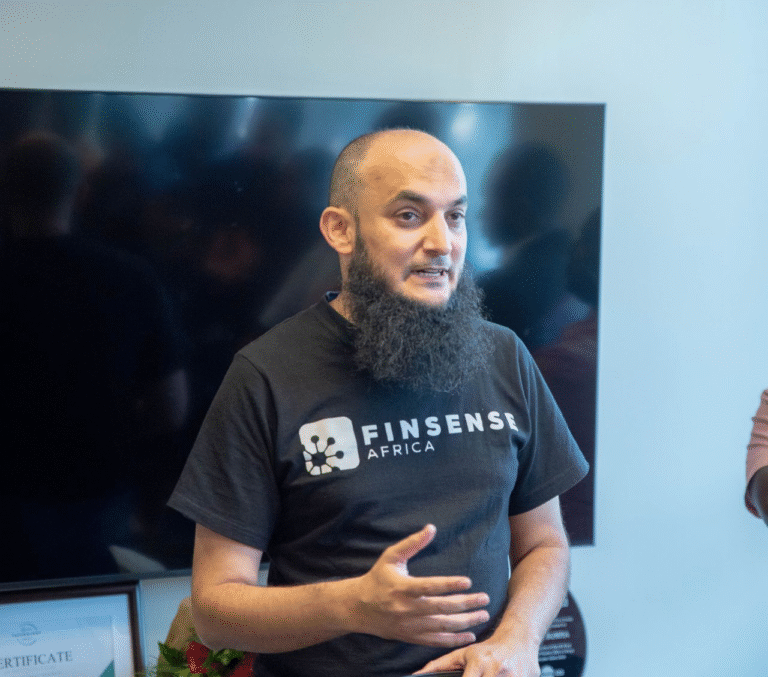Making Customer Support Smarter With AI
As digital transformation accelerates across Africa, one vital area continues to lag: customer support. While businesses on the continent are rapidly adopting mobile tools, digital payments, and cloud solutions, many still struggle to deliver timely, empathetic, and consistent customer experiences.
In 2025, poor customer is a competitive liability. Consumers today are more connected, more informed, and more demanding than ever. They expect businesses to engage in real time, across channels, and in ways that feel personal and trustworthy. When companies fall short, the damage to brand loyalty can be immediate and irreversible.
At Nexus Wave AI, we believe this challenge presents one of Africa’s greatest technology opportunities, using artificial intelligence to reimagine customer support at scale. But to succeed, we need to build AI that is not just powerful but practical, affordable, and locally fluent.
Despite the hype, AI adoption in Africa remains limited. According to McKinsey, over 70 percent of African SMEs cite cost as the number one barrier to adopting digital tools, and the upfront investment for advanced AI systems can be prohibitive. While enterprise-grade AI may deliver long-term efficiency gains, the high setup and training costs often deter early adoption, especially among mid-sized and high-growth companies.
For many African businesses, customer support teams are already stretched thin. Introducing AI should relieve pressure, not add complexity or require large budgets. That’s why we’ve focused on engineering lightweight, cost-effective AI models that deliver robust performance without the heavy infrastructure of global platforms. We believe the future of AI in Africa isn’t in copying Western tech, it’s in building solutions optimized for local constraints and market realities.
Beyond affordability, another critical gap is cultural and linguistic relevance. Africa is home to over 2,000 languages, yet most AI systems are only optimized for English, French, or a handful of other global languages. This lack of local language support limits the effectiveness of bots and virtual agents, especially for mass-market or regional brands.
The result? Users instantly detect that they’re speaking to a bot and the experience becomes transactional at best, alienating at worst. A 2024 GSMA report found that 60 percent of African mobile users prefer to speak to a human when resolving service issues, primarily because they don’t feel understood by AI-powered alternatives.
Customer experience (CX) is quickly becoming a key differentiator for African brands. A great product will get people in the door but great support keeps them coming back. With more consumers embracing digital-first habits, from mobile banking to online retail, businesses must be equipped to support customers beyond the initial transaction.
That means answering queries at odd hours. Resolving issues quickly. Speaking the customer’s language, literally and figuratively. AI makes all of this possible, but only if it’s tailored to local markets.
Africa’s future will be shaped by intelligent, inclusive technology and that includes how businesses engage their customers. As we look ahead, the conversation must center on impact: How can AI improve real customer journeys? How can it lower costs while increasing satisfaction? And how do we ensure no market or language is left behind?
Article written By Kimutai Brian, Founder & CEO of Nexus Wave AI








